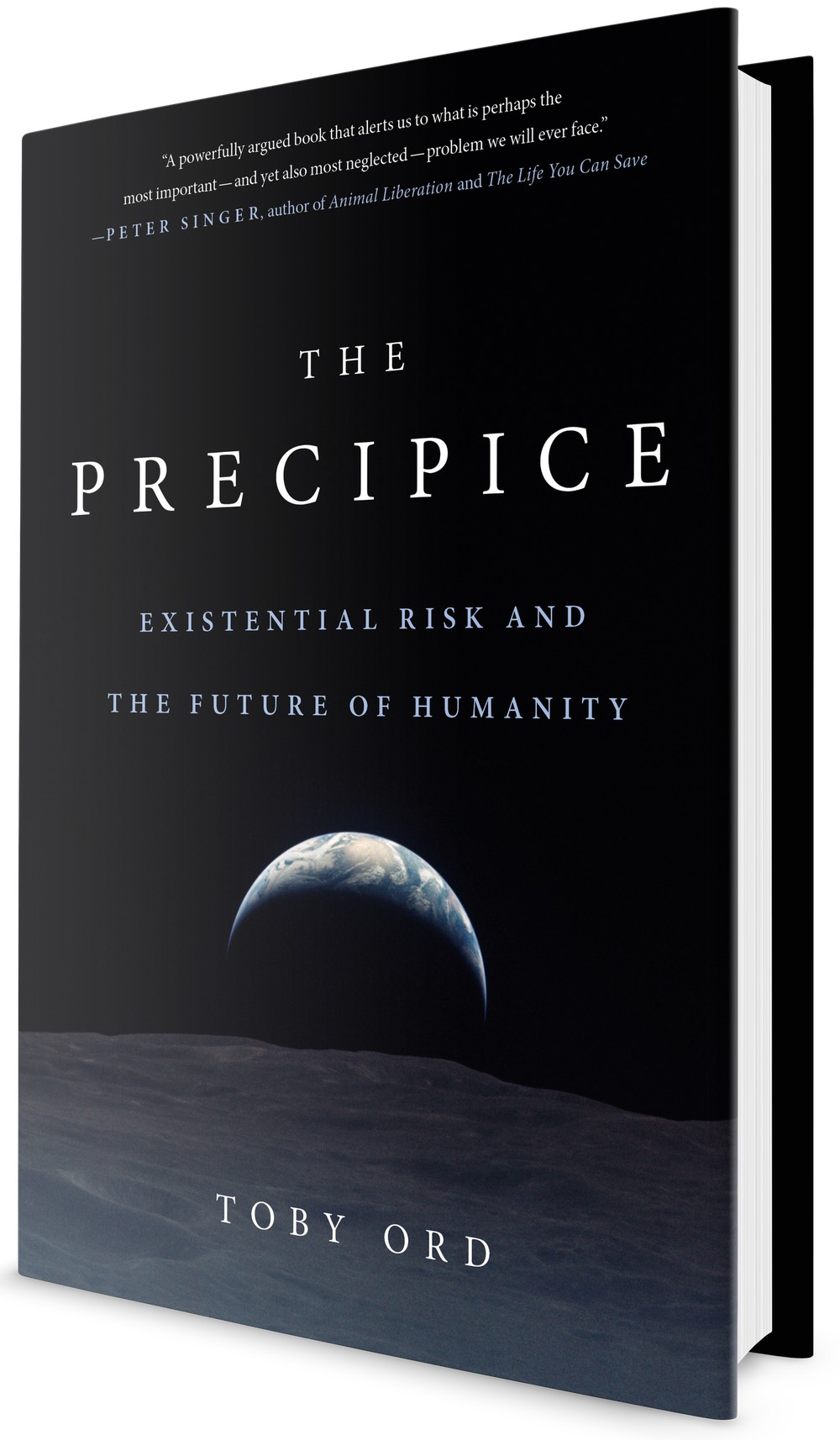#16 – Michelle Hutchinson hopes to shape the world by shaping the ideas of intellectuals. Will global priorities research succeed?

In the 40s and 50s neoliberalism was a fringe movement within economics. But by the 80s it had become a dominant school of thought in public policy, and achieved major policy changes across the English speaking world. How did this happen?
In part because its leaders invested heavily in training academics to study and develop their ideas. Whether you think neoliberalism was good or bad, its history demonstrates the impact building a strong intellectual base within universities can have.
Dr Michelle Hutchinson is working to get a different set of ideas a hearing in academia by setting up the Global Priorities Institute (GPI) at Oxford University. The Institute, which is currently hiring for three roles, aims to bring together outstanding philosophers and economists to research how to most improve the world. The hope is that it will spark widespread academic engagement with effective altruist thinking, which will hone the ideas and help them gradually percolate into society more broadly.
Its research agenda includes questions like:
- How do we compare the good done by focussing on really different types of causes?
- How does saving lives actually affect the world relative to other things we could do?
- What are the biggest wins governments should be focussed on getting?
Before moving to GPI, Michelle was the Executive Director of Giving What We Can and a founding figure of the effective altruism movement. She has a PhD in Applied Ethics from Oxford on prioritization and global health.
We discuss:
- What is global priorities research and why does it matter?
- How is effective altruism seen in academia? Is it important to convince academics of the value of your work, or is it OK to ignore them?
- Operating inside a university is quite expensive, so is it even worth doing? Who can pay for this kind of thing?
- How hard is it to do something innovative inside a university? How serious are the administrative and other barriers?
- Is it harder to fundraise for a new institute, or hire the right people?
- Have other social movements benefitted from having a prominent academic arm?
- How can people prepare themselves to get research roles at a place like GPI?
- Many people want to have roles doing this kind of research. How many are actually cut out for it? What should those who aren’t do instead?
- What are the odds of the Institute’s work having an effect on the real world?
If you’re interesting in donating to or working at GPI, you can email Michelle at [email protected].



















